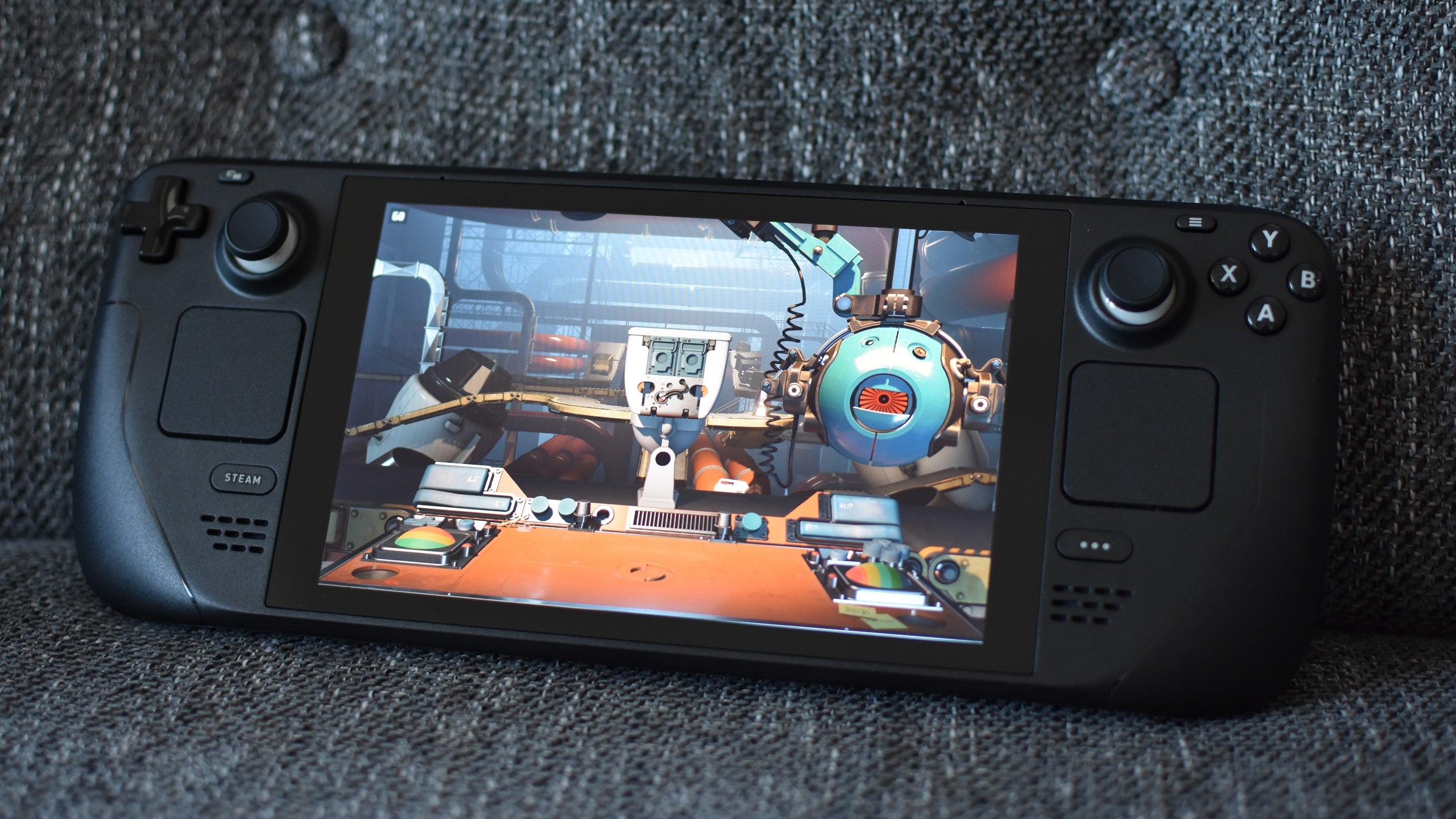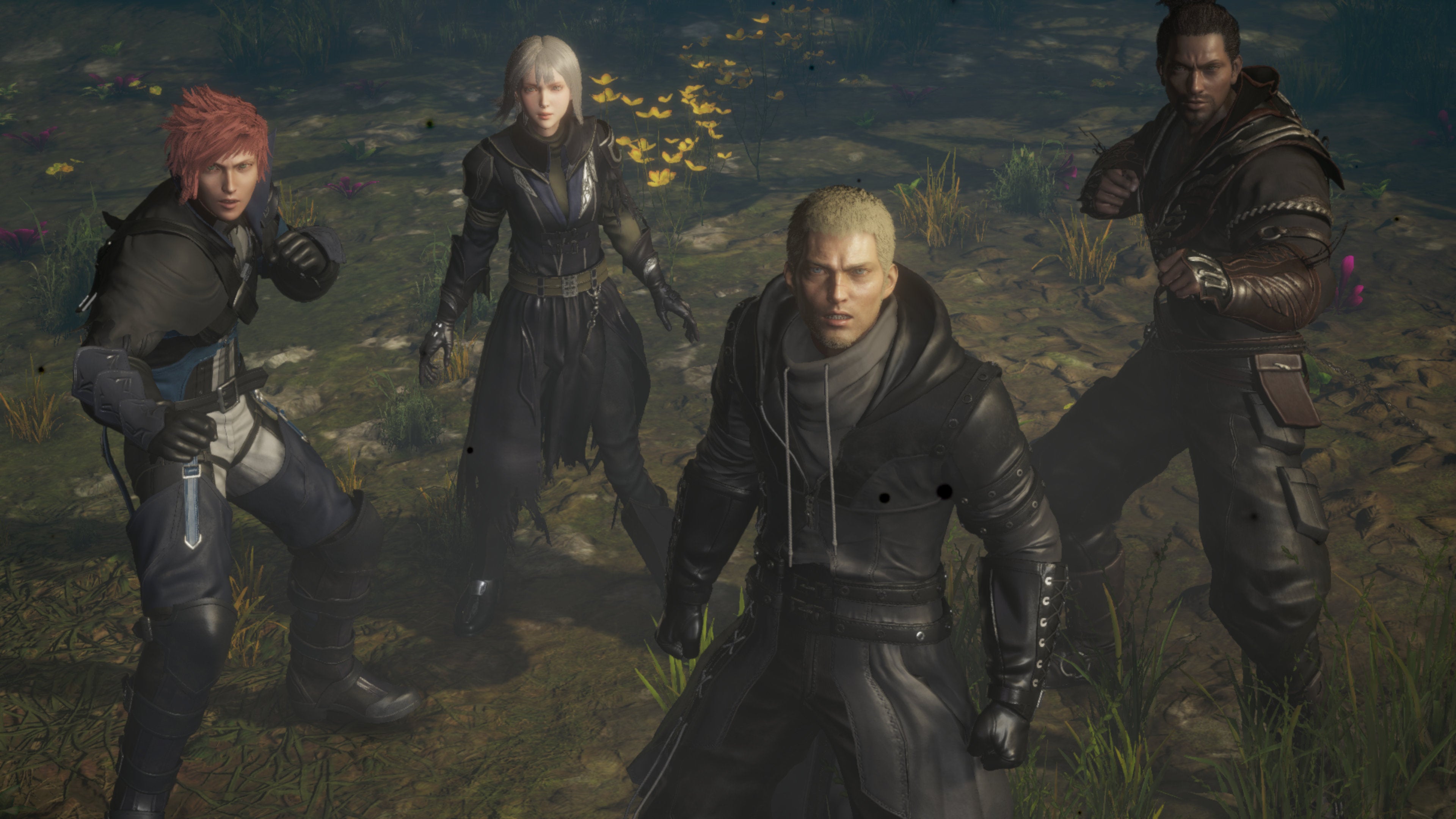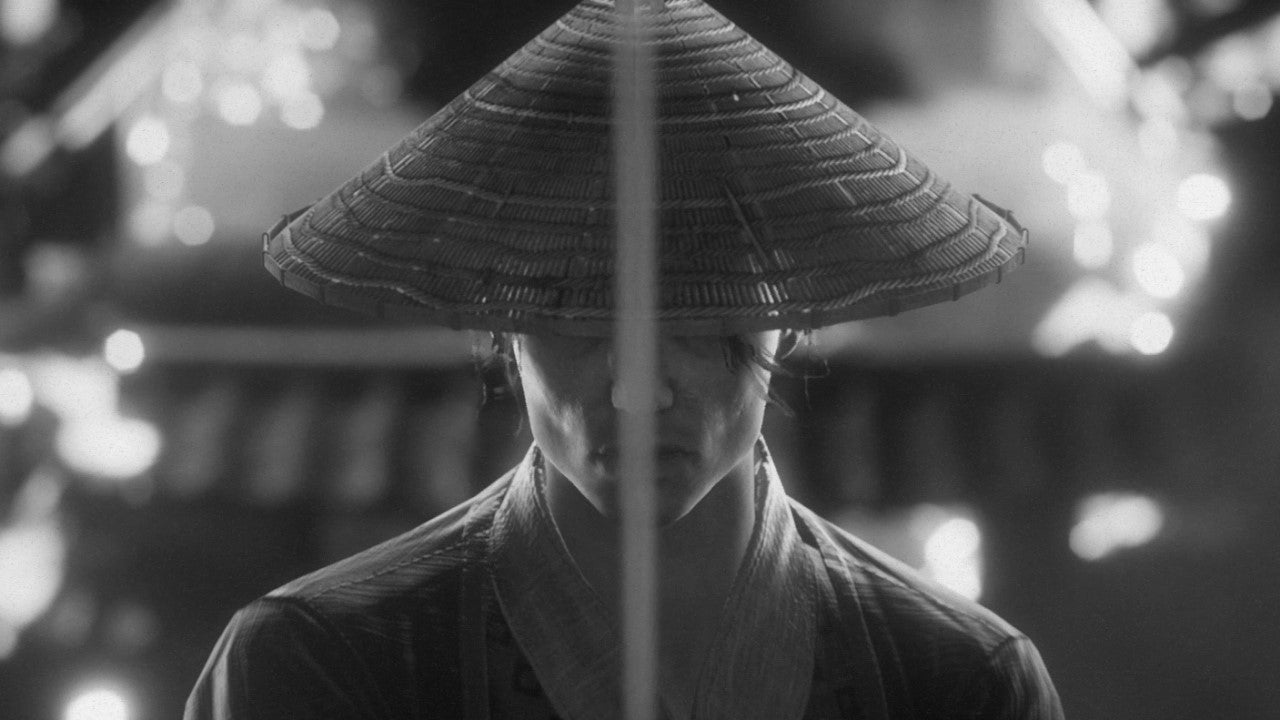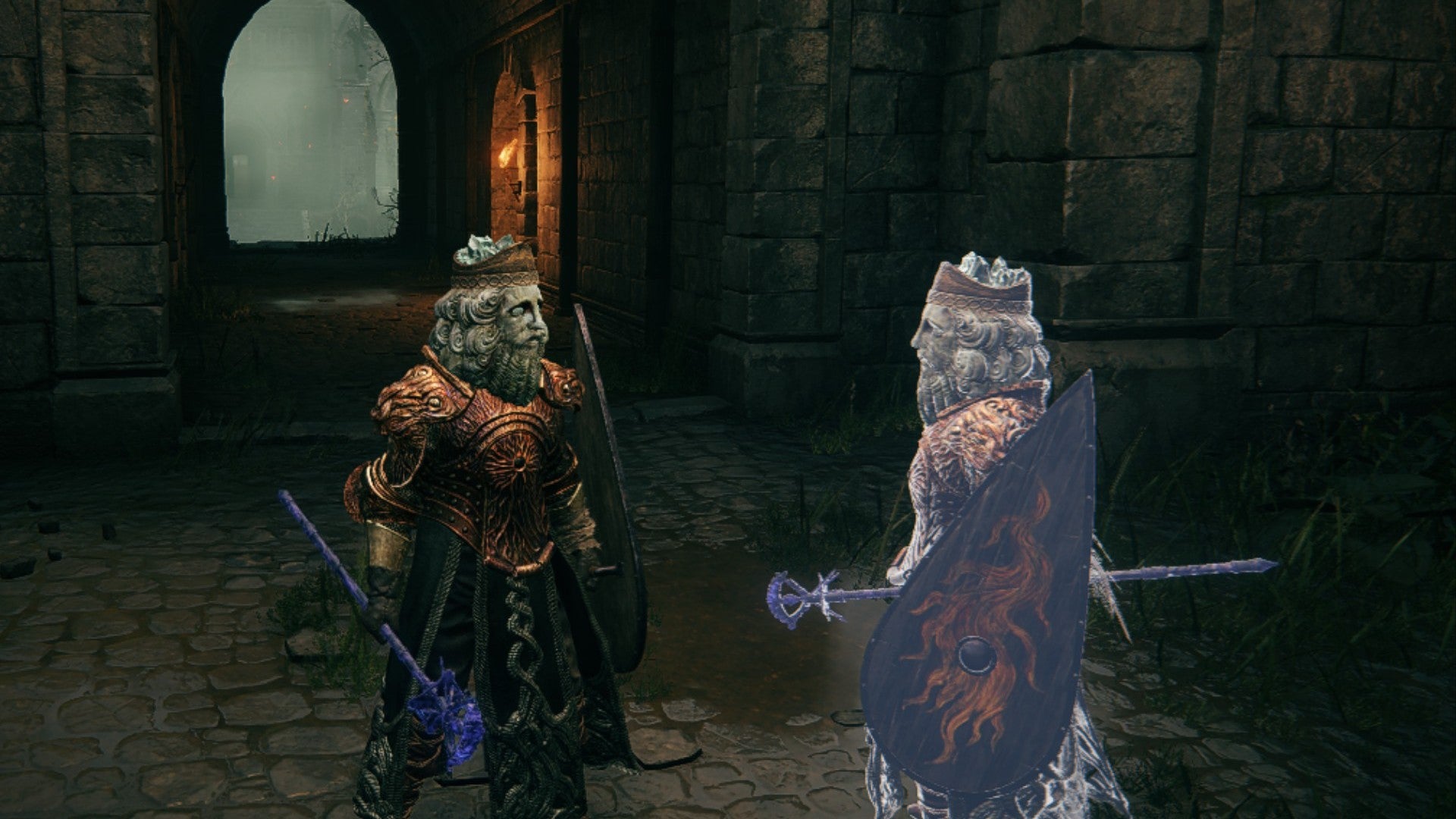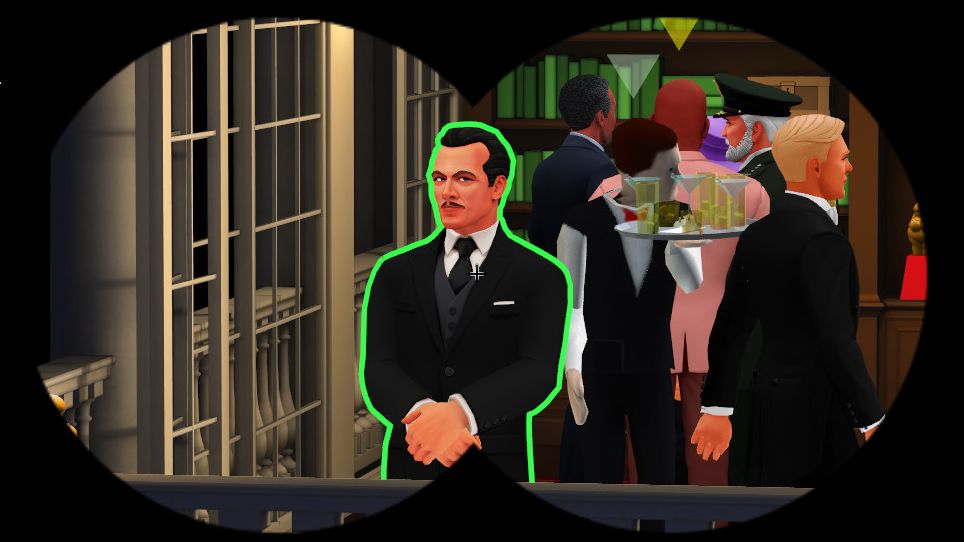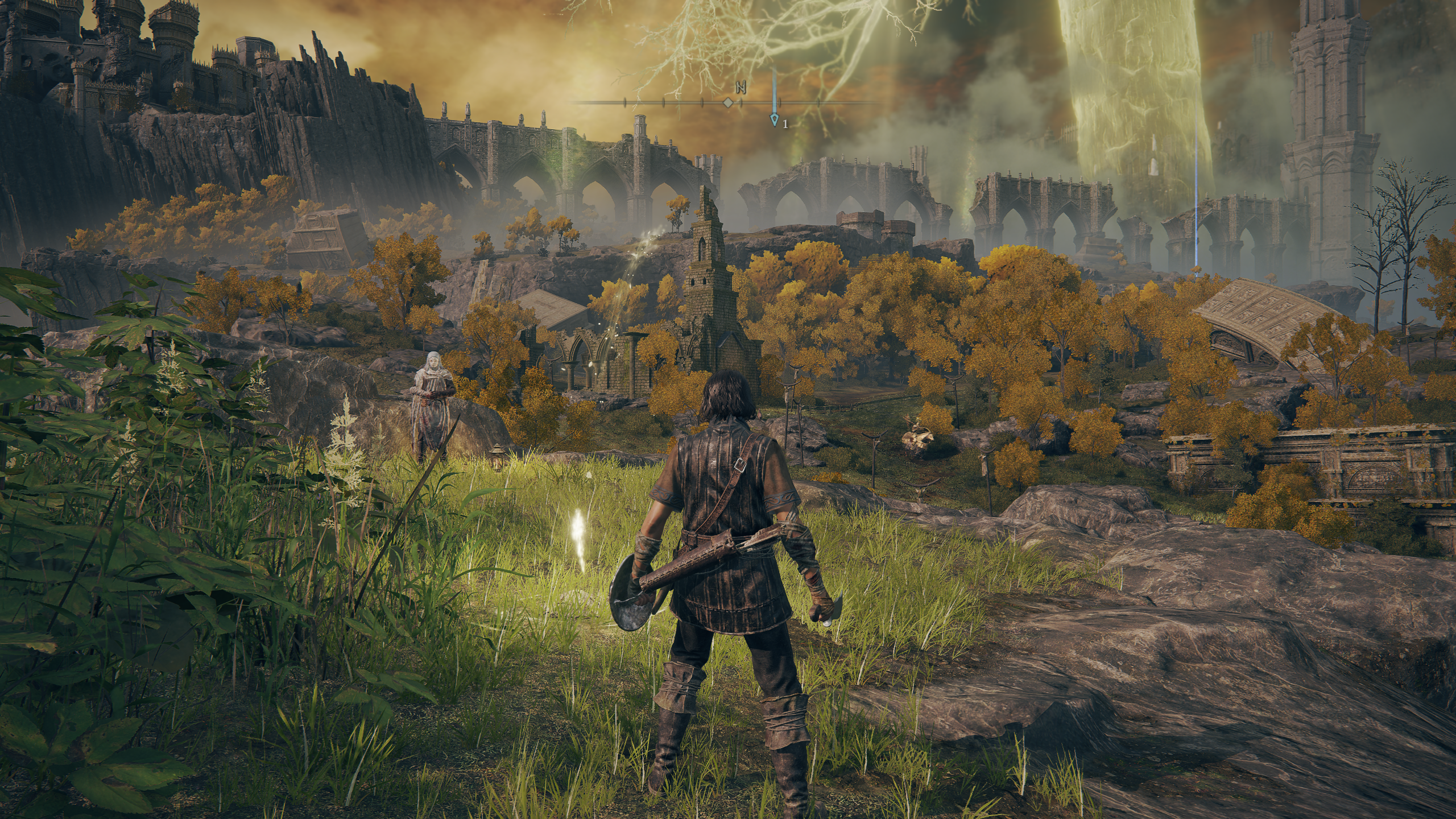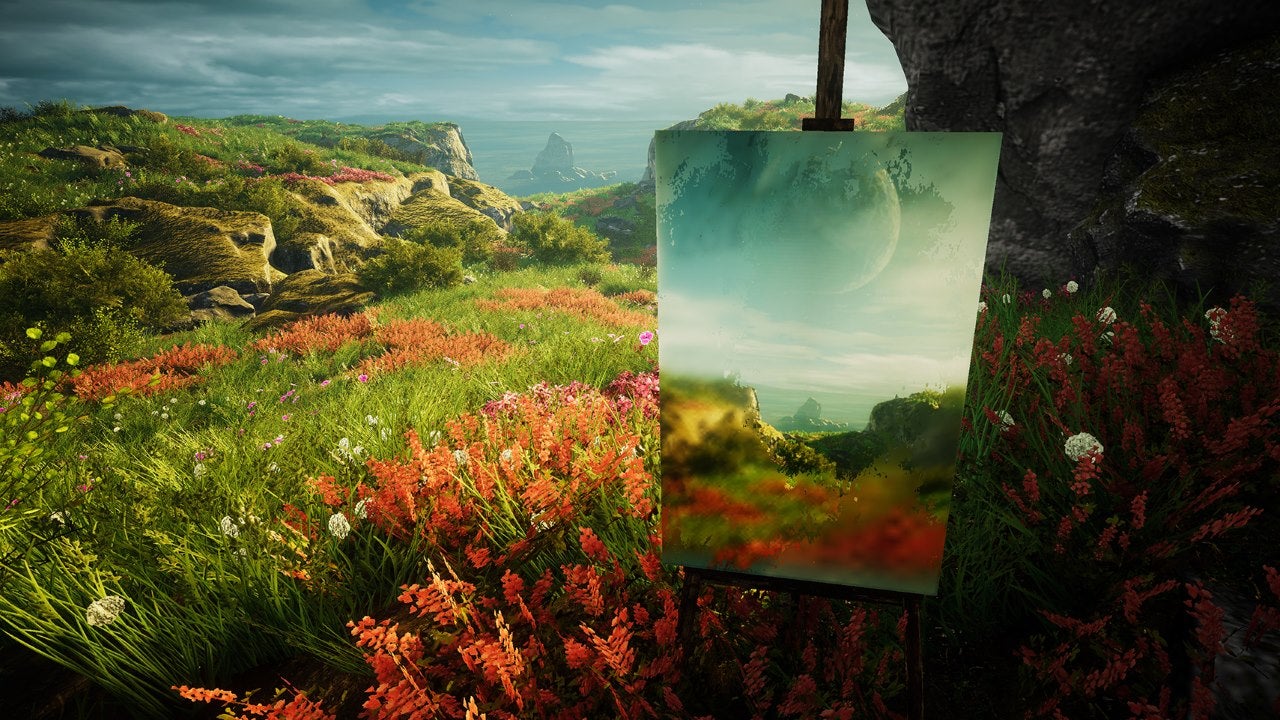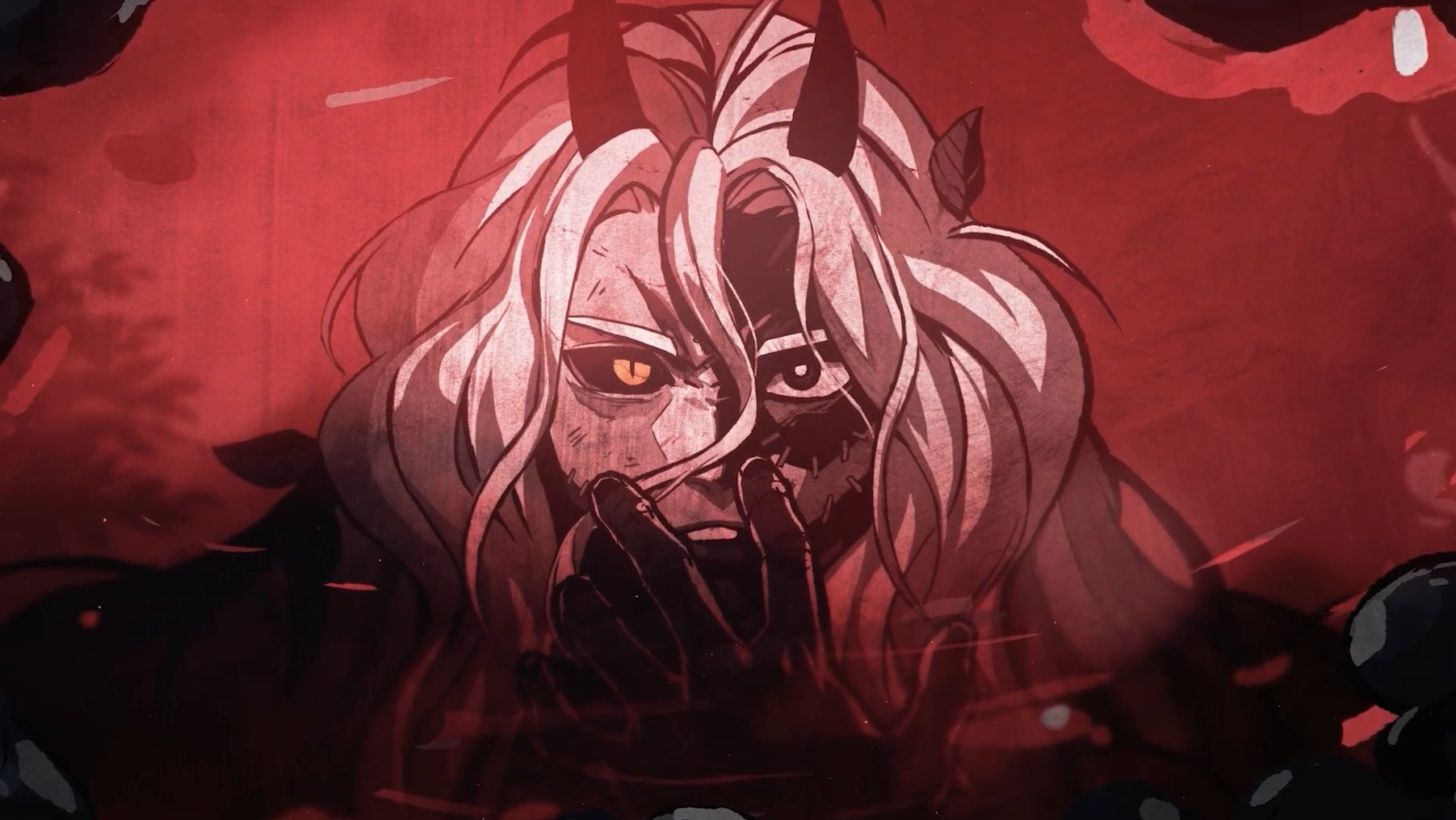
Thy Creature is an odd one. I want to make several comparisons to other games that probably aren't very accurate or fair. I think that's because it's one of those that's made up of the gaps in between other genres. Right from the start of its anime goth girl intro I knew this wasn't really my kind of thing, and yet its striking art and sense of sincerity felt compelling.
And it was a bit weird, which is sometimes enough. It depicts a frankenstein cast out by villagers, left to wander the wilderness, across forests and mountains, still peppered with arrows, turning up at a sinister tower that seems to welcome them. And just a few minutes in, it reveals itself as a mystery puzzle game with bullet hell parts. Almost none of this is my thing at all, but here I am playing it. Hmm.




